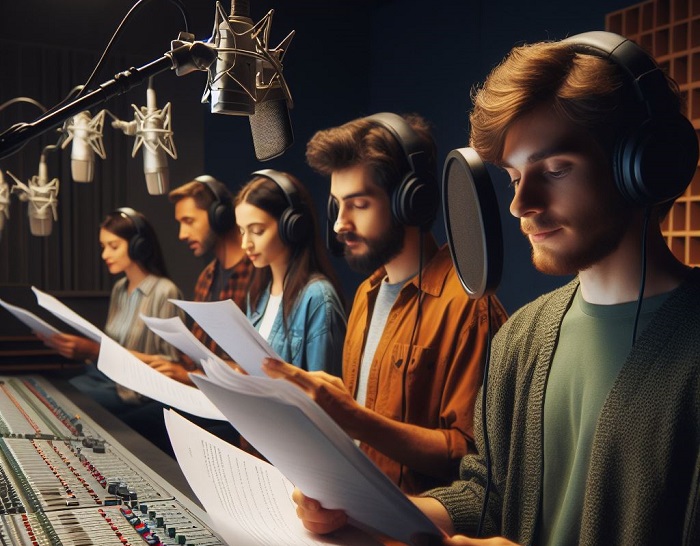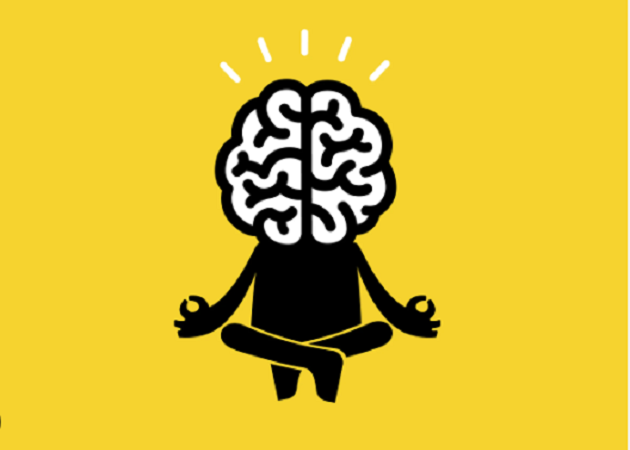Navigating the Future: Can Voice Actors Thrive Amidst AI Voice Cloning?

Voice acting is a profession that requires skill, creativity, and versatility, as voice actors have to bring various characters and stories to life with their voices. Voice actors can work in different fields, such as video games, animation, audiobooks, commercials, and podcasts.
However, voice acting is also a profession that faces challenges and threats from the advancement of technology, especially artificial intelligence (AI).
The facts
AI voice cloning is the process of creating synthetic voices that sound like real human voices, using deep learning algorithms and large datasets of speech samples. AI voice cloning can be used for various purposes, such as personalizing digital assistants, generating voiceovers, dubbing foreign films, and more.
AI voice cloning can also be used to imitate the voices of celebrities, politicians, and other public figures, which can raise ethical and legal issues.
One of the potential applications of AI voice cloning is to create voices for video games, which is one of the biggest and most lucrative markets for voice actors. Video games can have hundreds or thousands of characters, each with their dialogue and personality.
Voice actors can provide the voices for these characters, either by recording their lines in a studio or by allowing AI to clone their voices and use them in the game.
The arguments
However, this is also the question of whether AI voice cloning can replace or threaten the jobs of voice actors, or whether voice actors can maintain and secure their jobs despite the rise of AI voice cloning.
Some voice actors and industry experts see AI voice cloning as an opportunity and a benefit for them, rather than a risk or a challenge.
These individuals see AI voice cloning as a time and money saver for voice actors, as they do not have to record every line and variation of their dialogue, but can let AI generate them based on their voice samples.
They also argue that AI voice cloning can expand the possibilities and opportunities for voice actors, as they can create and license multiple voice clones for different projects and clients, and reach a wider and global audience. This can also increase their income and recognition, and give them more creative control and ownership over their voices.
However, some voice actors and industry experts see AI voice cloning as a threat and a challenge for them, rather than an opportunity or a benefit.
They challenge that AI voice cloning can undermine the value and uniqueness of voice acting, as AI can create voice clones that sound similar or identical to real human voices, and that can replace or compete with voice actors.
This can also reduce the demand and respect for voice actors, and lower their wages and bargaining power.
There is also the issue of AI voice cloning posing ethical and legal risks for voice actors, as AI can misuse or abuse their voice clones without their consent or knowledge, and for purposes that they do not approve or endorse. This can also infringe on their rights and privacy, and damage their reputation and credibility.
AI voice cloning can limit the creativity and diversity of voice acting, as AI can create voice clones that are based on existing voices and data, and that lack the originality and personality of voice actors.
This can also affect the authenticity and expression of video games, and make them more generic and boring for the players.
Given the significant drawbacks overshadowing the benefits, the likelihood of voice actors being pushed out of business by the proliferation of AI voice cloning within the industry is undeniable.




